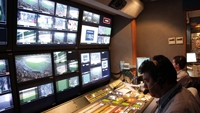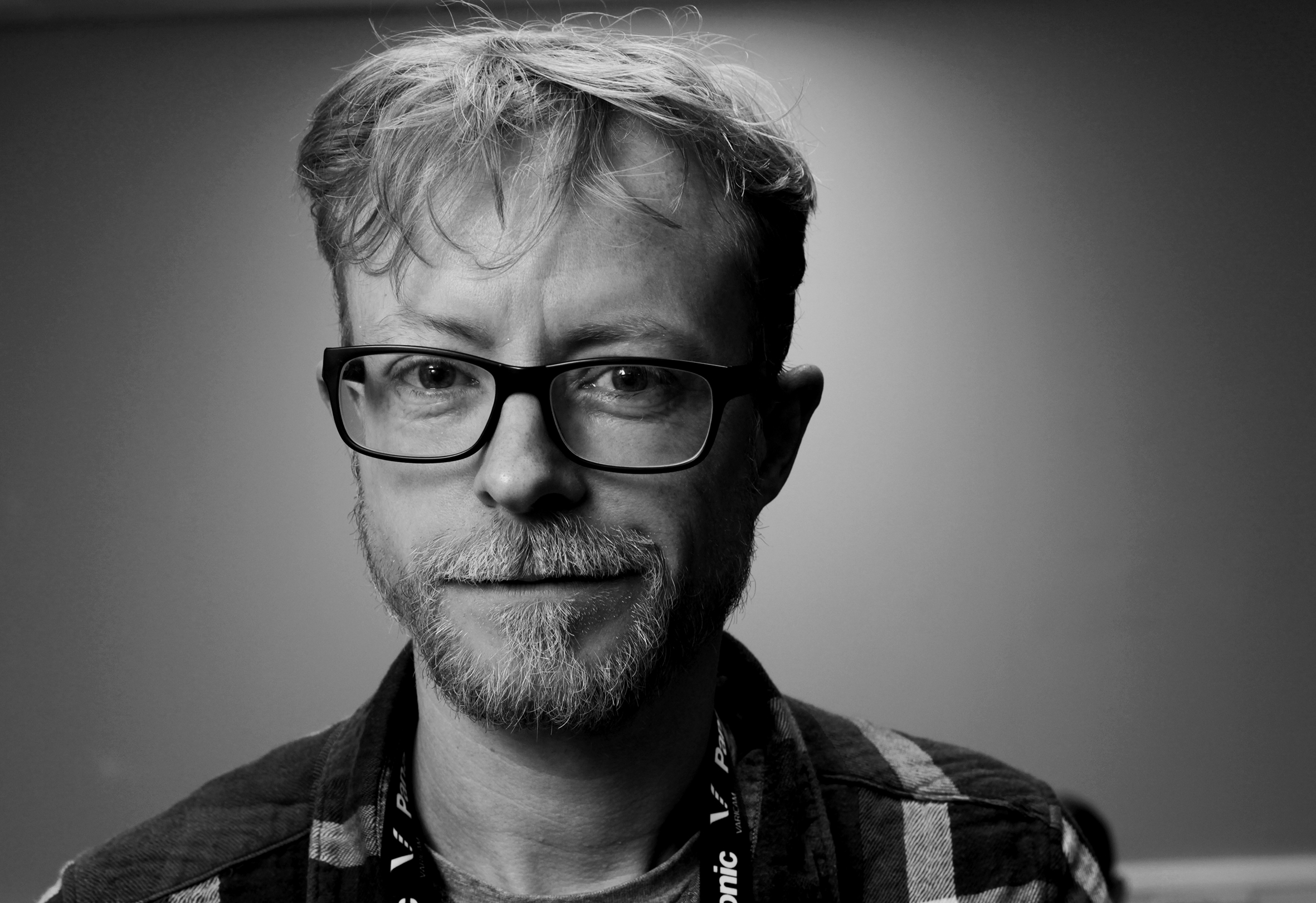HBS directors ensure balance between technology, editorial

The director of the opening match and the World Cup final broadcast has likened his responsibility to that of a Formula 1 driver.
Frenchman François-Charles Bideaux has directed the World Cup final match at the previous three tournaments and played a key role in HBS’ operational procedures. After the tournament, he will return to Canal+ where he is director of sports production.
“The main change over that period has been the gradual introduction of new technology and the increase in the number of cameras per match,” Bideaux says. “We delegate some parts of the feed to other team members, so there is a highlight’s producer, for example, a graphics and data producer, an EVS team. But each year, we have to increase our own skill sets to take account for changes in technology and workflow.”
“I now have to be an expert in data, statistics, high-speed cameras and instant replays,” he says. “The main challenge is to put together all these systems but always respective of covering the story of the match in the best way possible.”
The main innovation in terms of cameras this year is the potential to include shots from two high-speed cameras (normally one is used) and those from an aerial Spidercam.
“We performed many tests this year to assess this new technology and how they are best used, but for me, the next developments in coverage will not be about the picture but about greater exploitation of statistics and graphical analysis to enhance the game and also to make progress in sound capture. Ideally, we need audio to match up to the progress made in high definition, and now 3-D, so that it is equally as immersive an experience.”
Bideaux’s preparation, which begins two years before each World Cup tournament, includes helping to draft editorial guidelines which all other match directors must follow.
“You must have guidelines to ensure a universal language, a balance and consistency of coverage, and yet not make them so rigid that you cannot be flexible to react to events on the day. You have to be prepared to improvise and react to what is happening on the spot.”
Get the TV Tech Newsletter
The professional video industry's #1 source for news, trends and product and tech information. Sign up below.
He claims not to feel nervous immediately before the final match coverage begins despite the eyes of up to 400 million people being on his work.
“I invest my stress in preparation, so when the live game comes, I am relaxed and confident and fully focused on the job,” he says. “Directing a final is like piloting a Formula 1 car where the result is very much a team effort, and 99 percent of that effort happens beforehand.”
“A good director should also feel humility,” Bideaux adds. “They must be behind the event, serving the match, showing the viewer what they expect to see. The best direction should be discreet and pass unnoticed by the viewer.”
Adrian Pennington is a journalist specialising in film and TV production. His work has appeared in The Guardian, RTS Television, Variety, British Cinematographer, Premiere and The Hollywood Reporter. Adrian has edited several publications, co-written a book on stereoscopic 3D and is copywriter of marketing materials for the industry. Follow him @pennington1

